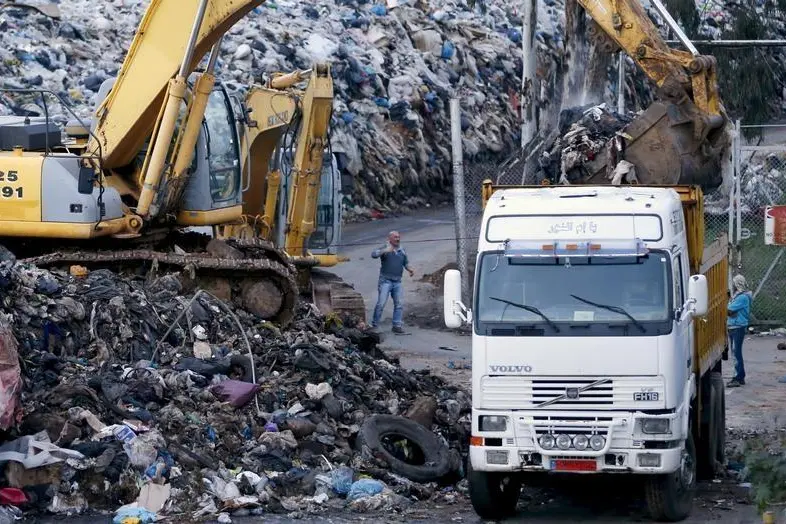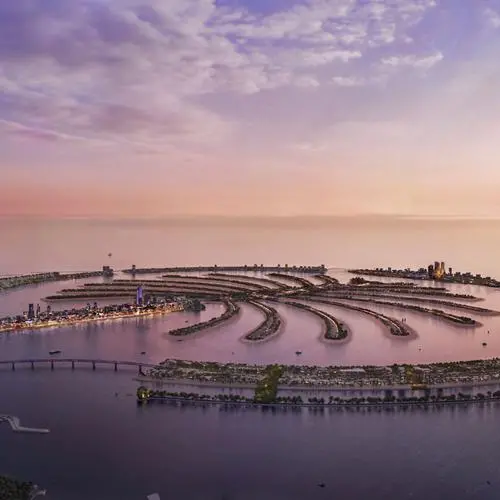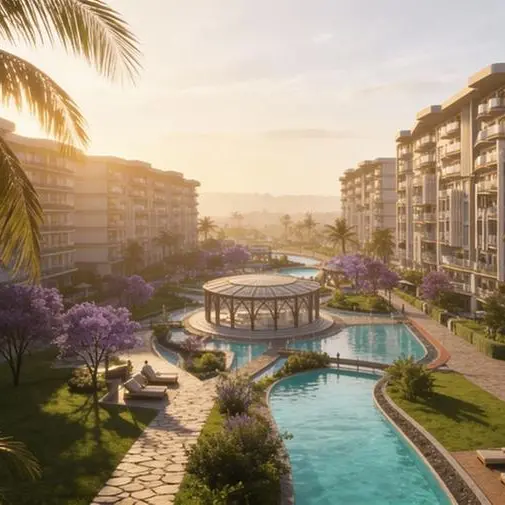PHOTO
Hundreds of global leaders are gathering in Scotland for the next fortnight, with an agenda to – literally – save the world. They are faced with many challenges: how to halve our greenhouse gas emissions in just eight years’ time, how to pay for these new climate change initiatives, and how to fairly share the bill.
Each country delegation will return from Glasgow with a commitment to acting quickly and diligently on reducing their greenhouse gas emissions across all sectors of their economy.
While the most well-known greenhouse gas is carbon dioxide, other gases have similar warming effects. One of the most powerful is methane (CH4), which is estimated to be at least 21 times more damaging than carbon dioxide over a 100-year period. Methane reductions have already been identified by experts as an “easy win,” on which urgent action can be taken with relative simplicity. Already there has been a commitment from the EU and the US to slash methane emissions by 30 percent by 2030, which was formalised at the conference.
Capturing methane
A relatively straightforward adaptation of old landfill sites is one simple way governments can act fast to slow global warming and, as an additional benefit, provide power for their communities. Methane emissions from waste management account for some 8 percent of all global methane leakage. The gas is created when organic matter decomposes in the absence of oxygen, a very prevalent occurrence in landfills.
Capturing methane from landfills is not a new technique, it has been taking place since 1975 and is standard practice in Europe, Japan, and North America. Despite this, there is now the urgent necessity to expand the practice across the rest of the world.
A simple network of pipes sunk into the capped landfills collect the methane gas and a suction pump connects it to a generator. The only challenge then is to link the electricity generated into the local electricity grid. The cost of this connection naturally depends on the remoteness of the landfill, but even where connection to a national grid might prove unfeasible, local communities can benefit from the power.
This is the case in one historical landfill in the Middle East, where Averda laid the infrastructure over a decade ago, and the local community still receives the energy. The lifespan of this power generation can be between 20 and 40 years, depending on several variables.
Post-COP 26, governments around the world will be reviewing their landfills – capped and active – and assessing how to address their methane challenge.
Naturally there are some upfront costs to installing this infrastructure – the pipes, the generator, and the connection to energy users – but that said, financing is available, our desperate climate imperative demands action now, and the cost of inaction is considerably greater.
As a recent blog from the Asian Development Bank [Methane: A Deadly Climate Problem with a Simple Solution by Stephen Peters & Alex Nash] pointed out: “We know where the methane emissions are, we have affordable technology to convert the methane to energy, we have the ability to co-locate energy buyers, and we have the funds available to carry out the works. What is needed are the skills (capacity) and the will (policies and laws).”
Commitments at COP26 will bring forth the will, and at Averda, we have the skills. As a company committed to providing sustainable solutions to the world’s waste problems, we have an obligation to use our expertise and capacity to help governments both avoid the harm and capitalise on the opportunity that landfill methane presents. There is no time to lose.
(The author is the CEO of Averda. The Dubai-headquartered waste management and recycling company operates in India and across the Middle East and Africa)
(Any opinions expressed in this article are the author's own)
Disclaimer: This article is provided for informational purposes only. The content does not provide tax, legal or investment advice or opinion regarding the suitability, value or profitability of any particular security, portfolio or investment strategy. Read our full disclaimer policy here.
© ZAWYA 2021





















